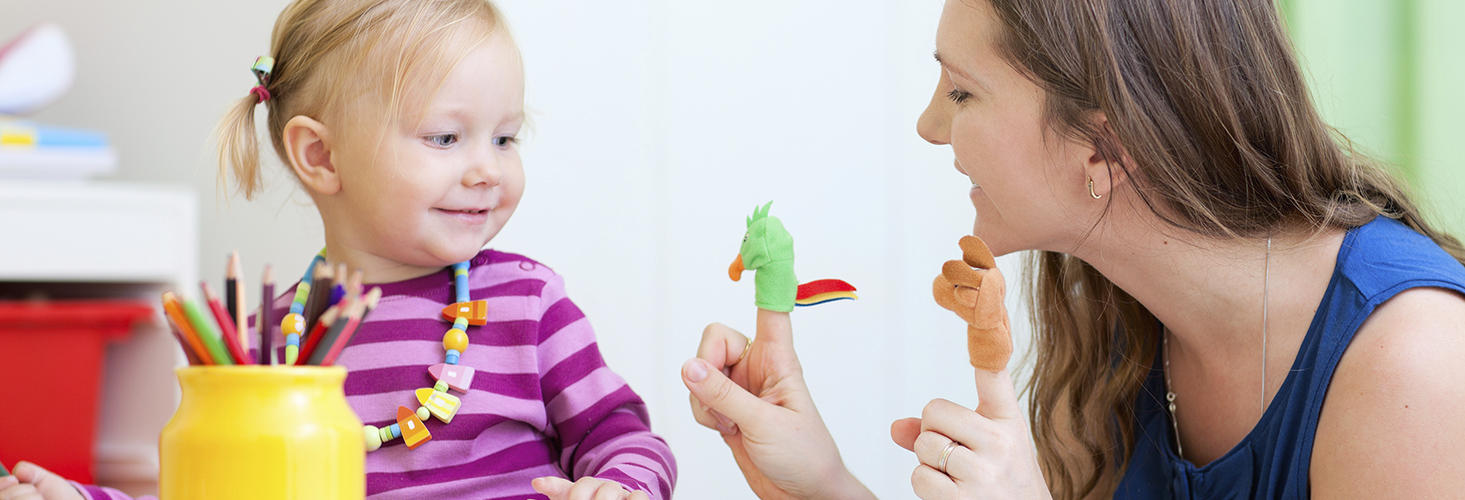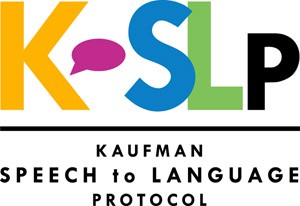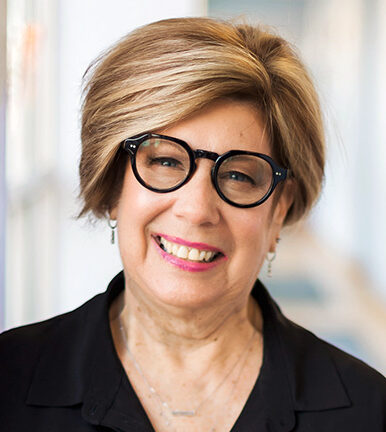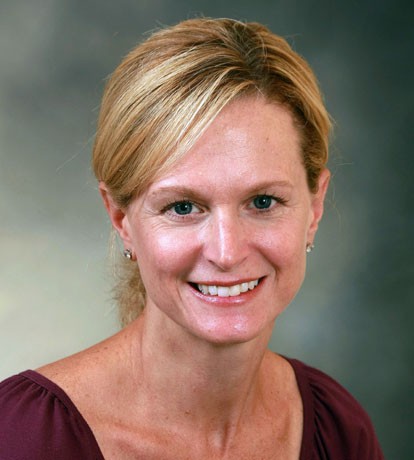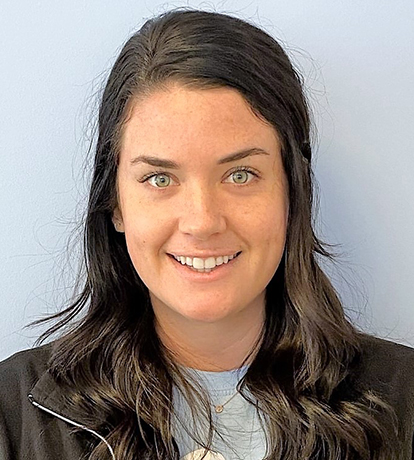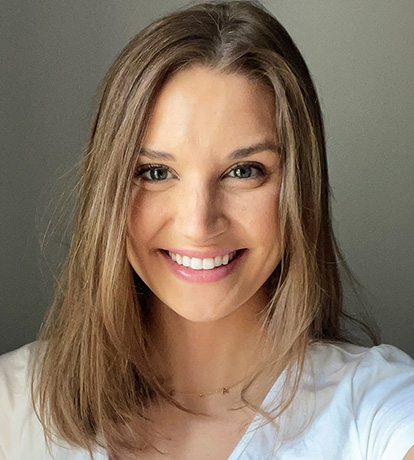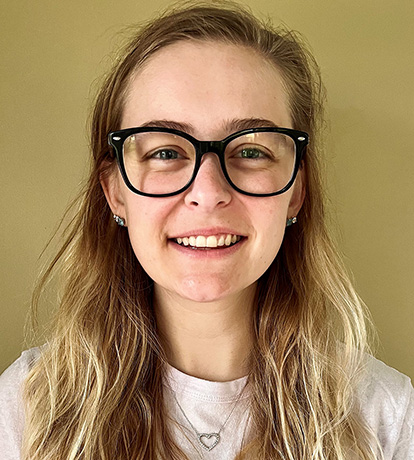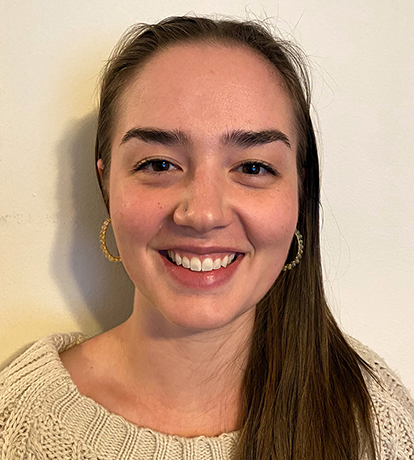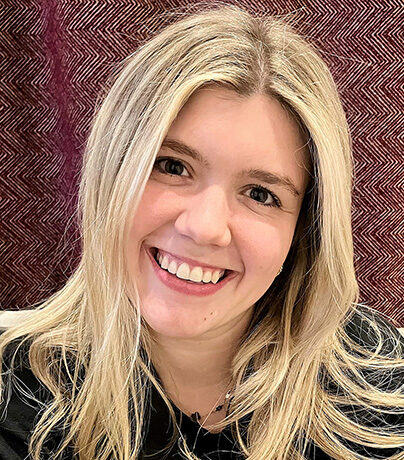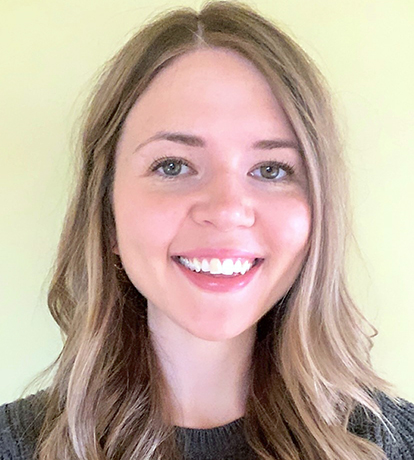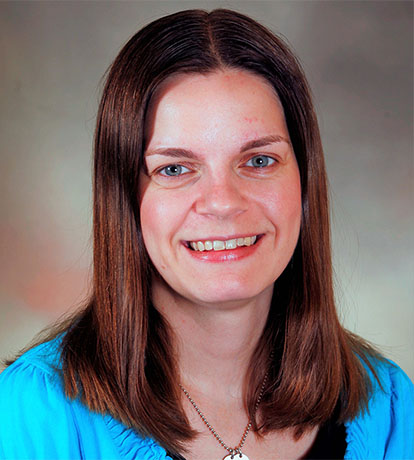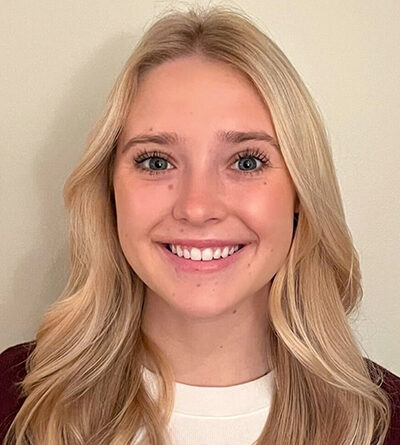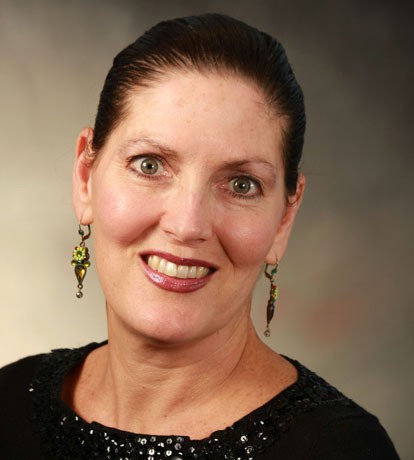Since 1979, Nancy R. Kaufman has dedicated herself to establishing the Kaufman Speech to Language Protocol (K-SLP), a treatment approach to help children become effective vocal communicators.
Nancy lectures nationally and internationally on the subject of childhood apraxia of speech (CAS) and other speech sound disorders. Families from around the world are able to experience video consultations with her and many travel to the KCC to participate in intensive, specialized therapy programs.
Since opening in 1993, the KCC has grown from a one-woman operation to a full-service, award-winning pediatric center for children with special needs. Nancy now leads a team of over 75 professionals known for their enthusiasm and clinical excellence. The center continues to grow and has earned a reputation for excellence, warmth, and successful outcomes.
Nancy was a member of the Apraxia Kids Professional Advisory Council for 10 years and currently serves on the board of visitors of the Merrill Palmer Skillman Institute for Child and Family Development at Wayne State University. She is also a speech-language consultant for the Parish School and Carruth Center in Houston, Texas, and Suburban Speech Center in Short Hills, New Jersey.
Nancy earned her undergraduate degree at Michigan State University and her master’s at Wayne State University. She has been honored by both alma maters, receiving the Outstanding Alumni Award from MSU in 2010 and the Distinguished Alumni Award from WSU in 2015.
Both Nancy and the clinic have been honored by the Michigan Speech-Language-Hearing Association (MSHA). She was named Community Excellence Business Person of the Year Award by the West Bloomfield Township Chamber of Commerce in 2015.
Nancy and her husband reside in West Bloomfield, Michigan. They have three grown children and one granddaughter.
